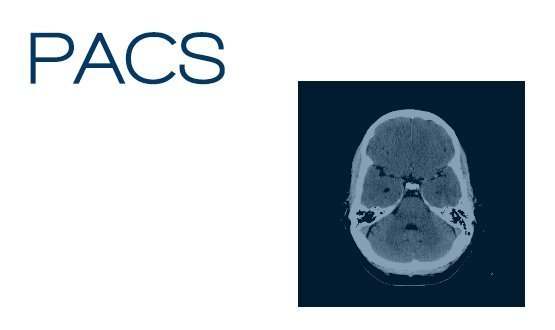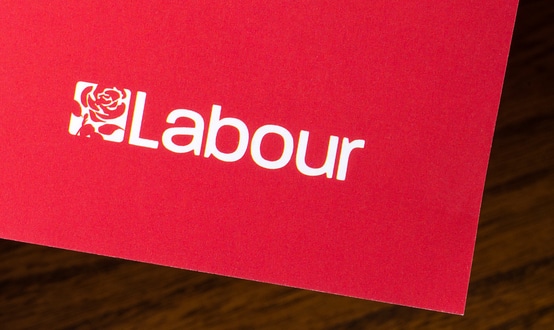London trusts given PACS data support
- 31 January 2014

London trusts due to exit picture archiving and communications systems contracts set up under the National Programme for IT may benefit from contract negotiations that are under way with their local service provider, BT.
An announcement is expected next month that would allow trusts to continue to hold data in the BT data store, known as MIA, while tactically extending their contract with the incumbent supplier, Sectra, or moving to a different PACS supplier.
The London LSP contracts were due to end in June 2014, but to avoid a rush of trusts going to market at the same time, the Health and Social Care Information Centre PACS team placed trusts in three separate exit phases.
These were: early exit (before 30 June 2014), exit on expiry, and continuation of service until June 2015 or later.
The biggest challenge facing London trusts has been the amount of time it takes to transfer data from MIA to local data stores.
In the two clusters where CSC was the LSP, trusts have been able to transfer their data using portable media. In London, however, trusts have to use the DICOM query/retrieve methodology to recover their data; a process that can take months.
The next meeting of HSCIC’s London exit board in February is expected to agree the new deal with BT that will enable trusts to partially exit their existing PACS service contracts, so they can put new PACS contracts in place, while maintaining a link to MIA.
Professor Erika Denton, senior responsible owner and medical director for the National PACS Programme at the HSCIC, said this should help with data repatriation. However, she stressed there would be no extension to the NPfIT contract itself.
“This arrangement will not be possible beyond the contract end data – 31 July 2015 – and all data must be repatriated before this point to make sure historical data is not lost,” she said.
“Any trust that has not already commenced data repatriation activity, particularly those with more than 20 terabytes of data, is advised to commence this work as a priority.”
Dave Burns, senior buyer for NHS Supply Chain, also told EHI that Sectra had agreed to offer trusts that wanted to stick with the company’s systems an upgrade to IDS7, the most up-to-date version of the Sectra PACS.
Although NHS Supply Chain is working with a small number of London trusts to make strategic purchases, Burns said he expected most to opt for a tactical extension of their Sectra deals.
“If trusts want to take the savings, the only way they’re going to do that is by making a tactical purchase, and they want to make the savings at the earliest possible opportunity they can,” he said.
Many trusts in the North East and East Midlands and East of England PACS clusters are also opting for a tactical solution.
Their contacts were originally due to run out in June 2013, but trusts were given the option to extend until June 2014. Of the 32 trusts offered the extension, 26 accepted, while six trusts in the North East cluster exited the contracts.
Of those 26 remaining trusts, about ten or 12 are likely to opt for a further tactical extension, said Burns; either directly with Agfa, the incumbent PACS supplier, or with Accenture, the LSP.
Burns said that the extension would probably be for two-to-three years, and was being taken for “operational reasons to match the technical life of the hardware that they have left within the trusts.”
He added: “They bought quite a lot of hardware during the programme, and there’s a sensible, logical argument that says you should continue to use that equipment to get best value from it. The simplest and most cost-efficient way of doing that is a tactical extension with the incumbent provider.”
The routes available to the trusts will be finalised in the next four-to-six weeks. A further seven trusts in the East Midlands have formed the EMRAD consortium to procure a new PACS using the Official Journal of the European Union process.
The trusts are: Chesterfield Royal Hospitals NHS Foundation Trust, Kettering General Hospital, Northampton General Hospital, Nottingham University Hospitals Trust, Sherwood Forest NHS Foundation Trust, University Hospitals of Leicester NHS Trust and United Lincolnshire Hospitals Trust.
Note: An earlier version of this story incorrectly suggested that the negotiations being undertaken with BT would result in an extension to the existing PACS contract for London. This is not the case and EHI has updated the story to clarify the situation.
NHS Supply Chain is holding a meeting on 29 April at Doncaster Racecourse for trusts that have already placed short-term, tactical extensions to their PACS and RIS contracts, so they can find out about system innovations and meet suppliers with strategic solutions.




